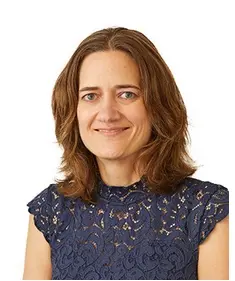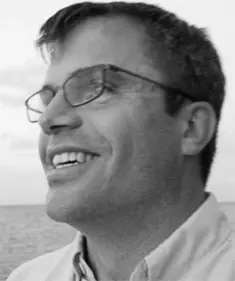October 17, 2023
@
6:00 PM
–
8:00 PM
Join us during Nuclear Science Week to learn something new related to nuclear science!
Featured Presenters

Department Chair and Professor of Physics, Department of Physics and Astronomy, UW- La Crosse
“Killing me softly with his nukes”
What creature almost started WWIII? When was “goosing” used in an official government report? If a training tape is used to simulate a Soviet attack do US missile men know? Come to Nerd Nite to hear stories stranger than fiction and you will leave asking – How are we still alive?
About Shelly:
Professor of Physics and Chair at the University of Wisconsin, La Crosse Department of Physics and Astronomy, and Guest Professor at the University of Notre Dame. She received a B.A. in Physics from Indiana University South Bend and her PhD in Physics from the University of Kentucky. She was a postdoctoral fellow at KU Leuven in Belgium and Lawrence Livermore National Laboratory and was a Presidential Fellow and Visiting Associate Professor of Physics at Yale University. Her research is funded by the NSF and currently focuses on studying low-energy vibrational structures in rare-earth nuclei using a variety of techniques at ARUNA labs. Since 2010, Lesher has called the Institute for Structure and Nuclear Astrophysics at the University of Notre Dame her “home” laboratory working with collaborators on training students and detector development. At her institution, she serves as the McNair Scholars Program Director, which aids students underrepresented in graduate education to pursue and succeed in earning PhDs. She is the creator and host of “My Nuclear Life” a podcast which brings nuclear science to the general public. She was named a fellow of the American Physical Society in 2020.

Chief Technology Officer, Signal Power and Light
“Energy and Society”
Humanity, and particularly the Western world, face an unprecedented challenge from population decline, coupled with the developing world’s growing energy demand. The solution to both problems is fortunately the same, increased energy availability. Unfortunately, the existing energy infrastructure cannot scale enough to keep energy affordable at the scale humanity needs. Of all energy sources, nuclear is uniquely capable of meeting this need, but it too must grow.
About Cal:
Cal Abel graduated from UW- Madison with a Masters and Bachelors in nuclear engineering in 1999. He then served in the US Navy as a submarine officer for the next decade finishing his service as the Engineer Officer on the USS Florida. He briefly worked in commercial nuclear power at Sequoyah Nuclear Power Plant as a developmental Senior Reactor Operator. While at the TVA, he became interested in the role that policy played in energy, especially trying to understand why we weren’t building nuclear reactors. In 2010 he presented the results of this policy work showing how using fast reactors to repower coal plants combined with using the reactors for process heat in coal to liquids meet climate change goals of 80% CO2 reduction by 2050. To continue this work, he went to Georgia Tech to develop a means of containing the scope of the Nuclear Regulatory Commission’s regulatory warrant. In 2018, he did this by integrating salt energy storage with GE-H PRISM reactor in what was to eventually become TerraPower’s Natrium.
In 2014, he co-founded Signal Power and Light to provide energy and policy solutions to the developing world. His current work at SPL is revitalizing coal to liquids technologies and integrating them with nuclear reactors. This year he published two papers. The first connected energy with economic value and the second showed how to measure bitcoin’s value through energy.

Post-doctoral researcher, Department of Life Sciences Communication, UW-Madison
Topic: Understanding the role of values in shaping public attitudes on nuclear energy
About Mikhaila:
Mikhaila N. Calice is a Postdoctoral Researcher in the Department of Life Sciences Communication, where she recently received her PhD. Mikhaila conducts mixed-methods community-engaged research that examines communication dynamics and public perceptions of risks related to science and technology issues like climate change, the energy transition, and artificial intelligence, among others. She also explores how engagement with various publics or communities by scientists and others shapes perceptions and policy. A focus of her postdoctoral research includes a multi-institutional and interdisciplinary project funded by the Department of Energy (DOE) that explores community-engaged approaches for local energy futures related to controversial energy issues. Mikhaila holds an MPA with a certificate in Energy Analysis and Policy from the La Follette School of Public Affairs at the University of Wisconsin-Madison and a BA in Political Science and International Studies from Randolph-Macon College. Her academic work has been published in Public Understanding of Science, New Media & Society, Environmental Communication, and Computers in Human Behavior, among other outlets. You can find a list of her publications on Google Scholar.